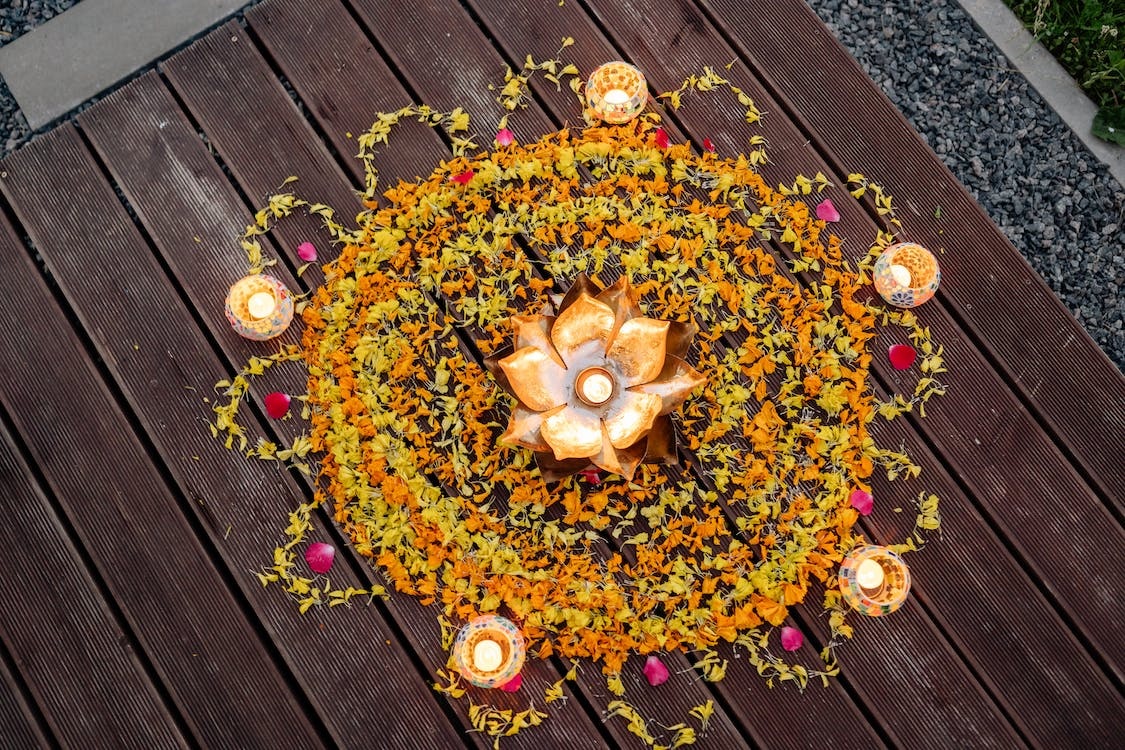Diwali, also known as the Festival of Lights, holds great significance for kids in terms of essay writing. It provides them with an opportunity to learn about and explore the rich cultural traditions and values associated with this joyous festival. Writing an essay on Diwali allows kids to express their creativity, enhance their writing skills, and develop a deeper understanding of the customs and rituals involved. It encourages them to research and gather information, expanding their knowledge base and fostering cultural awareness. Through essay writing, kids can share their thoughts, experiences, and learnings, creating a sense of excitement and celebration around the festival of Diwali.
10 lines on Diwali Essay in English – 150 words
Diwali, also known as the Festival of Lights, is one of the most popular and widely celebrated festivals in India. It signifies the victory of light over darkness and good over evil. Here are 10 lines on Diwali:
- Diwali is a vibrant and joyous festival celebrated by Hindus all over the world.
- It usually falls in the months of October or November, based on the Hindu lunar calendar.
- The festival spans over several days, with the main celebration happening on the night of the new moon.
- People decorate their homes with colorful rangolis (artwork made from colored powders), candles, and diyas (oil lamps) to welcome the goddess of wealth, Lakshmi.
- Firecrackers light up the sky, and the sound of joyous celebrations fills the air.
- Families come together to exchange gifts, sweets, and good wishes.
- Diwali is also a time for delicious feasts and special dishes, like sweets and snacks.
- It is a time to dress in new clothes and seek blessings from elders.
- Many people also perform prayers and visit temples during this auspicious time.
- Diwali promotes the values of unity, happiness, and the triumph of good over evil.
These 10 lines provide a brief overview of the significance and celebrations of Diwali, capturing the essence of this beautiful festival.
Diwali Essay in English – 500 words
Diwali, also known as Deepavali, is one of the most significant and widely celebrated festivals in India. It is a festival that signifies the victory of light over darkness and good over evil. Diwali is celebrated with great enthusiasm and joy by Hindus across the country and even by many communities around the world. This festival holds deep cultural, religious, and social significance.
The festival of Diwali usually falls in the months of October or November, depending on the Hindu lunar calendar. It is celebrated over a period of five days, with each day having its own unique significance and rituals. The preparations for Diwali start weeks in advance as people clean their homes, decorate them with colorful rangolis (artwork made from colored powders), candles, and diyas (oil lamps). This is done to welcome the goddess of wealth, Lakshmi, into their homes and to invite prosperity and good fortune.
On the day of Diwali, people dress in new clothes and gather with their families for puja (prayers). They offer prayers to deities and seek blessings for happiness, prosperity, and well-being. Firecrackers are lit up to ward off evil spirits and to add to the festive atmosphere. The sound and colors of fireworks light up the sky, filling the air with joyous celebrations.
Another important aspect of Diwali is the exchange of gifts and sweets among family, friends, and neighbors. People visit each other’s homes to exchange good wishes, share homemade sweets and delicacies, and strengthen their bonds. The act of giving gifts symbolizes love, friendship, and the spirit of sharing.
Diwali is also a time for indulging in delicious feasts and special dishes. Homes are filled with the aroma of homemade sweets like ladoos, barfis, and jalebis, as well as savory snacks like samosas and kachoris. These delicacies are prepared with great care and shared with loved ones, adding to the festive spirit.
The significance of Diwali extends beyond the religious aspect. It is a time when people come together, irrespective of their differences, to celebrate and spread happiness. The festival promotes the values of unity, forgiveness, and compassion. It is a time to mend broken relationships, resolve conflicts, and start afresh.
Furthermore, Diwali holds a special place in the hearts of the business community. It is considered an auspicious time to start new ventures and make important purchases. Many businesses and shops start their financial year on Diwali, as it is believed to bring good luck and prosperity. The festival has an economic impact as people indulge in shopping for clothes, jewelry, home decor, and other items.
However, in recent years, there has been a growing awareness about the environmental impact of fireworks and the pollution they cause. It is important to celebrate Diwali responsibly by minimizing the use of firecrackers and opting for eco-friendly celebrations. Many communities have started promoting green Diwali initiatives, encouraging people to celebrate with lights, diyas, and cultural events while minimizing noise and air pollution.
In conclusion, Diwali is a festival that brings joy, light, and togetherness. It is a time to celebrate the triumph of light over darkness, good over evil, and knowledge over ignorance. Diwali is not just a religious festival but a celebration of life, love, and harmony. It promotes values of unity, compassion, and happiness. As we celebrate Diwali, let us remember to cherish our loved ones, spread kindness, and embrace the spirit of togetherness and joy.

